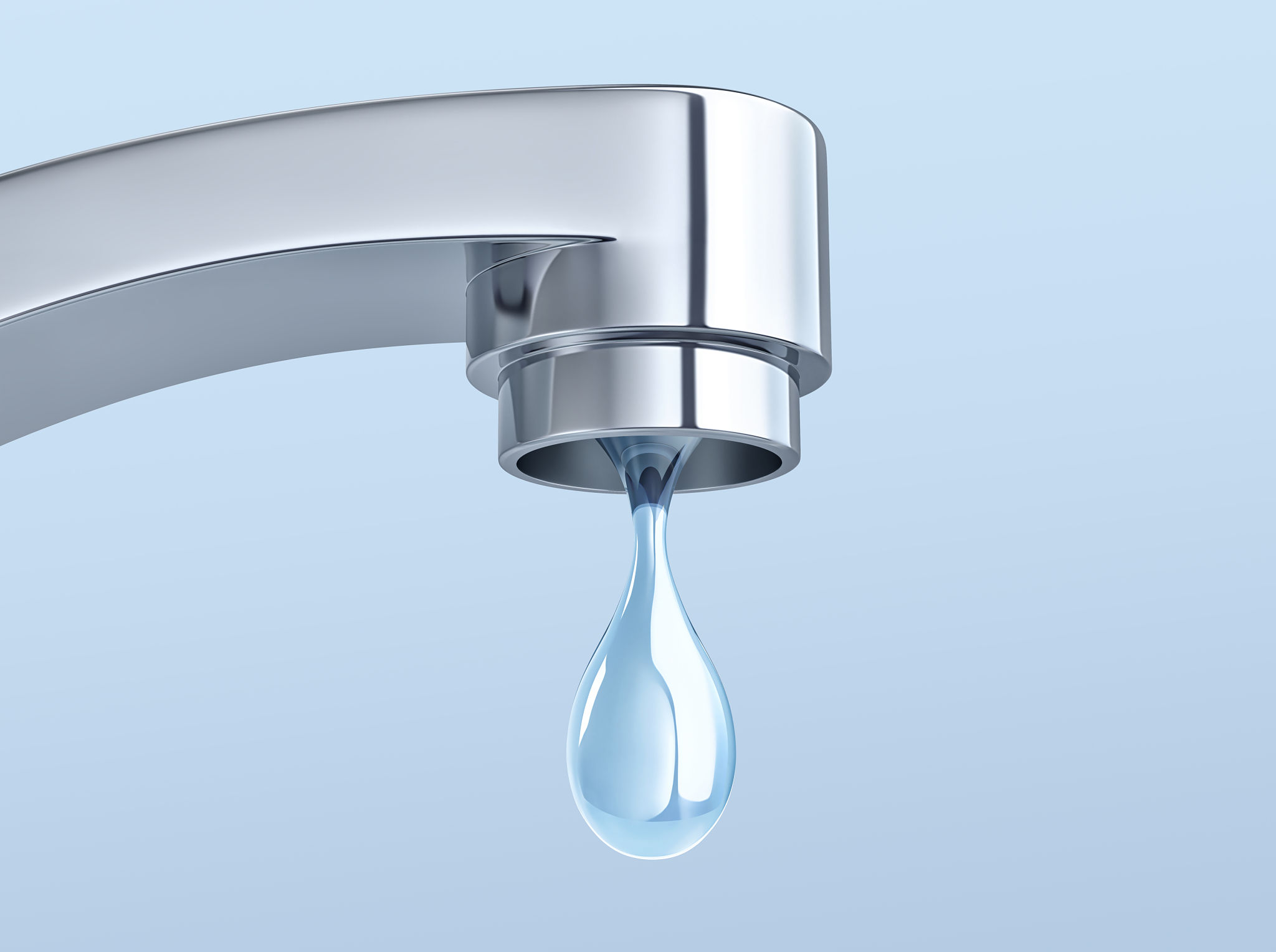Common Myths About Pressure Washing Debunked
Understanding Pressure Washing
Pressure washing is a popular method for cleaning various surfaces, from driveways to decks. Despite its widespread use, there are numerous myths surrounding this cleaning technique. In this post, we aim to debunk some of the most common misconceptions about pressure washing to help you make informed decisions.

Myth 1: Pressure Washing is Harsh on Surfaces
One of the most prevalent myths is that pressure washing can damage surfaces due to its intensity. While it’s true that improper use can cause harm, when done correctly and with the right equipment, pressure washing is safe and effective. Professional pressure washers are trained to adjust the pressure settings and use appropriate nozzles to match the surface being cleaned.
For instance, delicate surfaces like wood or painted areas require lower pressure settings, whereas concrete driveways can handle higher pressures. It's essential to understand that pressure washing is not inherently damaging; rather, it’s the misuse that can lead to problems.
Myth 2: Pressure Washing Uses Excessive Water
Another common myth is that pressure washing wastes a lot of water. In reality, pressure washing is more water-efficient compared to traditional cleaning methods. The equipment uses a high-pressure spray to remove dirt and grime quickly, meaning you spend less time with the water running.

Additionally, many modern pressure washers are designed to be water-efficient, using significantly less water than a garden hose over the same cleaning area. This makes pressure washing an environmentally friendly option for your cleaning needs.
Myth 3: DIY Pressure Washing is Always Cheaper
While it might seem cost-effective to rent a pressure washer and do the job yourself, it’s not always the most economical choice. DIY pressure washing can lead to costly mistakes, such as using the wrong pressure or angle, which can damage surfaces or lead to inadequate cleaning.
Moreover, professional services often have access to commercial-grade equipment and expertise that ensures a thorough clean without the risk of damage. When you factor in potential repairs and repeated cleanings, hiring a professional can often be more cost-effective in the long run.

Myth 4: Pressure Washing Can Remove All Types of Stains
Pressure washing is highly effective for removing dirt, grime, and some types of stains. However, it’s important to understand its limitations. Not all stains are removable with just water pressure alone. For example, oil stains on concrete or deeply embedded mildew may require additional treatments or cleaning agents.
Professionals often combine pressure washing with specialized detergents or treatments tailored to specific stains. This combination ensures optimal results without over-relying on pressure alone, which could damage surfaces.
Conclusion
Understanding the truths about pressure washing can help you make better decisions for your cleaning projects. It is a versatile and efficient cleaning method when used correctly. Debunking these myths allows homeowners and businesses alike to enjoy cleaner properties without unnecessary worries about damage or waste.
If you're considering a pressure washing project, whether DIY or professional, ensure you’re informed and prepared for the best results. By recognizing these misconceptions, you can maximize the benefits of this powerful cleaning technique.